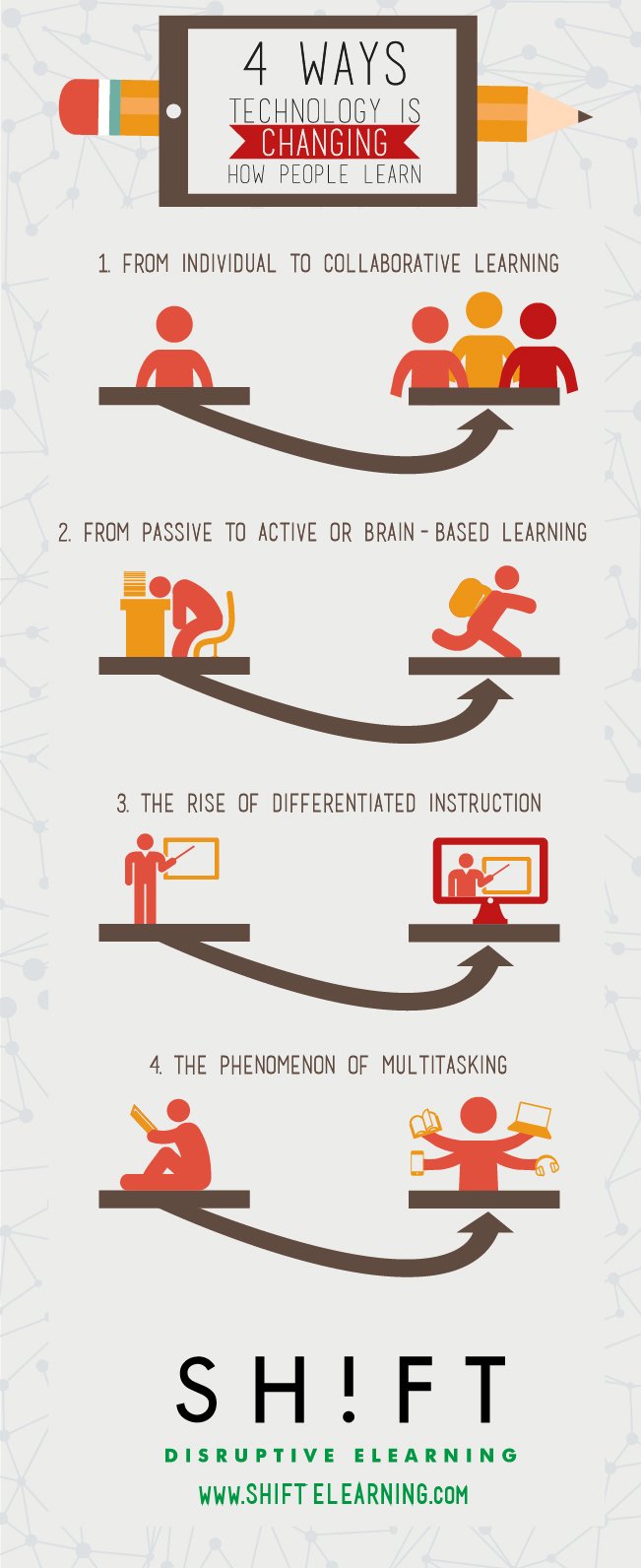Ertmer, 1999, organised the barriers into two categories: external (hardware, access, the technology itself) and internal (teacher's confidence and own beliefs of technology). With the advancement in technology it is fair to say that the majority of external problems are reduced. That's not to say that everything works all of the time, of course things go wrong, but it is true that technology is better than ever and more accessible than ever. What has remained, however, are the internal barriers to learning.
*Taken from
Hew and Brush, 2007.
One key internal barrier identified by
Hammonds, Matherosn, Wilson and Wright, p.36m is:
"Often teachers perceive they
cannot act as authority figures in their classrooms if they bring in tech tools. Teachers must
be at least minimally comfortable with technology use and see the value that these tools
can bring to their daily lives before they can consider technology integration as anything
more than one more thing required of them."
This is important, as the key barrier to the use of technology identified is
the teacher and not the limitations of the technology itself.
In her research,
Ertmer identified one teacher who stated that many teachers are intimidated by technology. It is the lack of skill and knowledge of ICT that appears to be holding back many educators from developing their use of ICT in the classroom.
However, the strongest barrier is the teacher's own beliefs and attitudes towards technology - if they feel that it is not useful then quite simply, it will not be useful. Some teachers even reported the use of computers as means just to keep the children busy.
In order to overcome this barrier, teachers will have to be shown that the use of technology will provide meaningful outcomes to the learning. For many teachers, it is likely that the use of ICT will be limited until they can see that it has an impact on the learning that takes place as opposed to merely using ICT because it is another box to tick to state that you have done it.
Despite these barriers, it is important to remember that 'these tech tools are just that -
tools' (
Hammonds, Matherosn, Wilson and Wright, p.40). This is a reassuring reminder, especially for myself, when I am beginning to fill out a lesson plan and come to the part with ICT and worry that I am missing it out. Of course
I use ICT in the classroom - the register is online and my PowerPoint is on, but I rarely have lessons where the students use it. I am probably one of the teachers whose own beliefs, experiences and attitudes impact on the use of ICT with students and until I evidence that the use of ICT benefits my students learning Law, then I will likely continue to limit the amount I use it.






